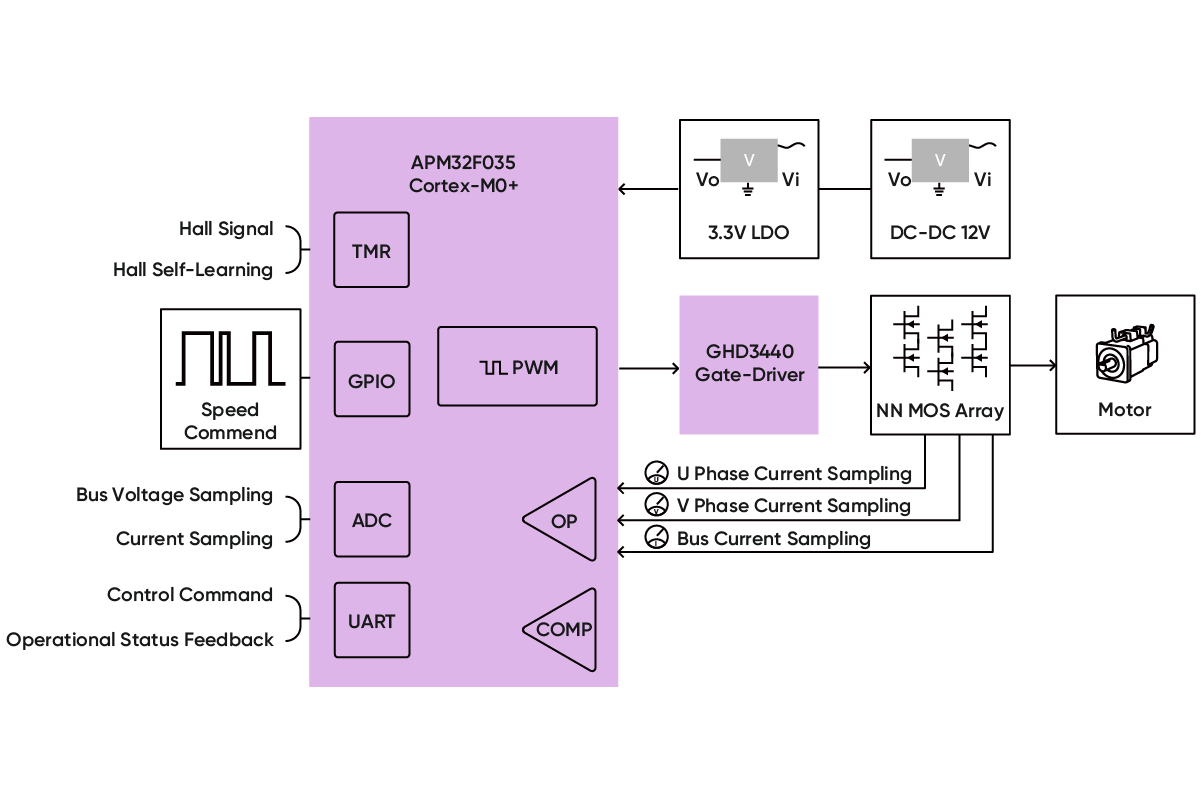This website uses cookies for analytics, personalization, and other purposes. By continuing to browse our website, you signify your consent for the use of cookies. For more details, please refer to our "Privacy Policy."
Accept All Cookies
Decline







